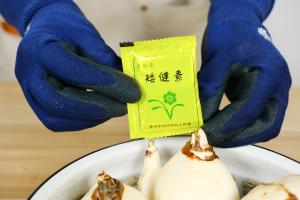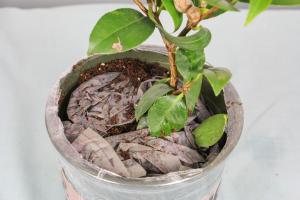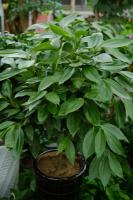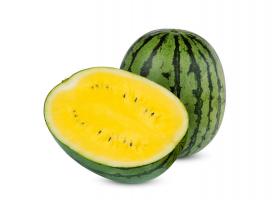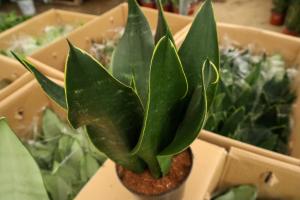Introduction
Water is an essential element for plant growth. The type of water used to irrigate plants can have a significant impact on their health and wellbeing. In this article, we will explore what constitutes good plant growing water and how it can benefit plant growth.
1. pH level
The pH level of water is an important factor in plant growth. Most plants thrive in a slightly acidic environment with a pH range of 6.0 to 7.5. When the pH level of water is too high or too low, it can cause nutrient deficiencies in plants, hindering their growth and development. Good plant growing water should have a pH level within this optimal range to promote healthy plant growth.
2. Mineral Content
The mineral content of water can also impact plant growth. Plants require specific minerals, such as calcium, magnesium, and potassium, to grow properly. If the water used for irrigation lacks these essential minerals, it can lead to deficiencies in plants, causing them to look stunted or discolored. Good plant growing water should be rich in these nutrients to promote robust plant growth.
3. Purity
The purity of water is another important factor in plant growth. Water that contains harmful contaminants such as chlorine, fluoride or heavy metals can negatively affect plant growth. These contaminants can build up in plant tissue, causing toxicity and harming the plant. Good plant growing water should be as pure as possible, free from harmful contaminants.
4. Temperature
The temperature of water used for plant irrigation is also significant, especially during extreme weather conditions. Cold water used during hot weather can cause stress to plants, while warm water used during cold weather can also shock plants, leading to stunted growth. Good plant growing water should be at a temperature that is comfortable for plants, typically between 60-75°F (15-24°C).
5. Source of Water
The source of water used for plant irrigation can also have an impact on plant growth. Municipal water treated with chemicals can be harmful to plants, while well water can have high levels of minerals that can also negatively affect plant growth. Good plant growing water should be sourced from a clean and natural source, such as rainwater or groundwater that is free from harmful chemicals and minerals.
Conclusion
In conclusion, good plant growing water should be slightly acidic with a pH range of 6.0 to 7.5, rich in essential minerals, pure from harmful contaminants, at a comfortable temperature, and sourced from a clean and natural source. By providing plants with the ideal growing conditions, they can grow vigorously and produce healthy and abundant crops.

 how many times do yo...
how many times do yo... how many planted tre...
how many planted tre... how many pine trees ...
how many pine trees ... how many pecan trees...
how many pecan trees... how many plants comp...
how many plants comp... how many plants can ...
how many plants can ... how many plants and ...
how many plants and ... how many pepper plan...
how many pepper plan...